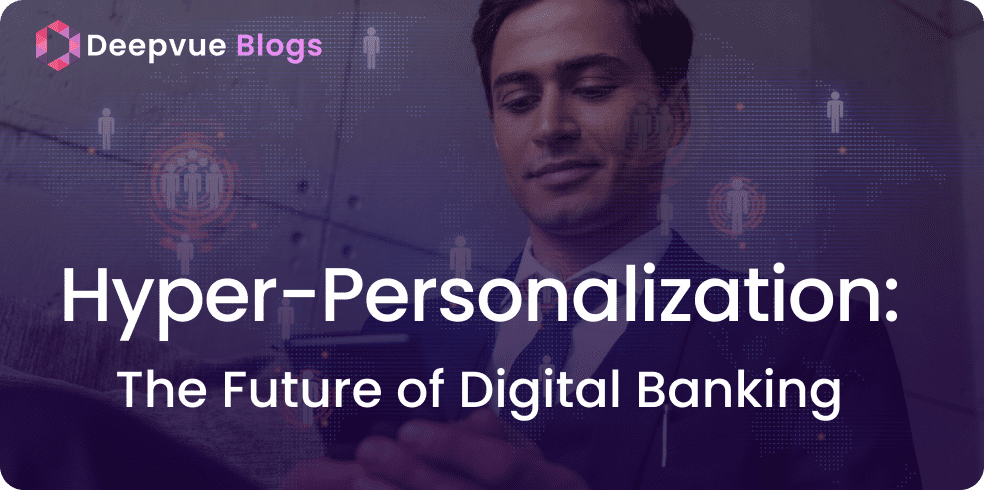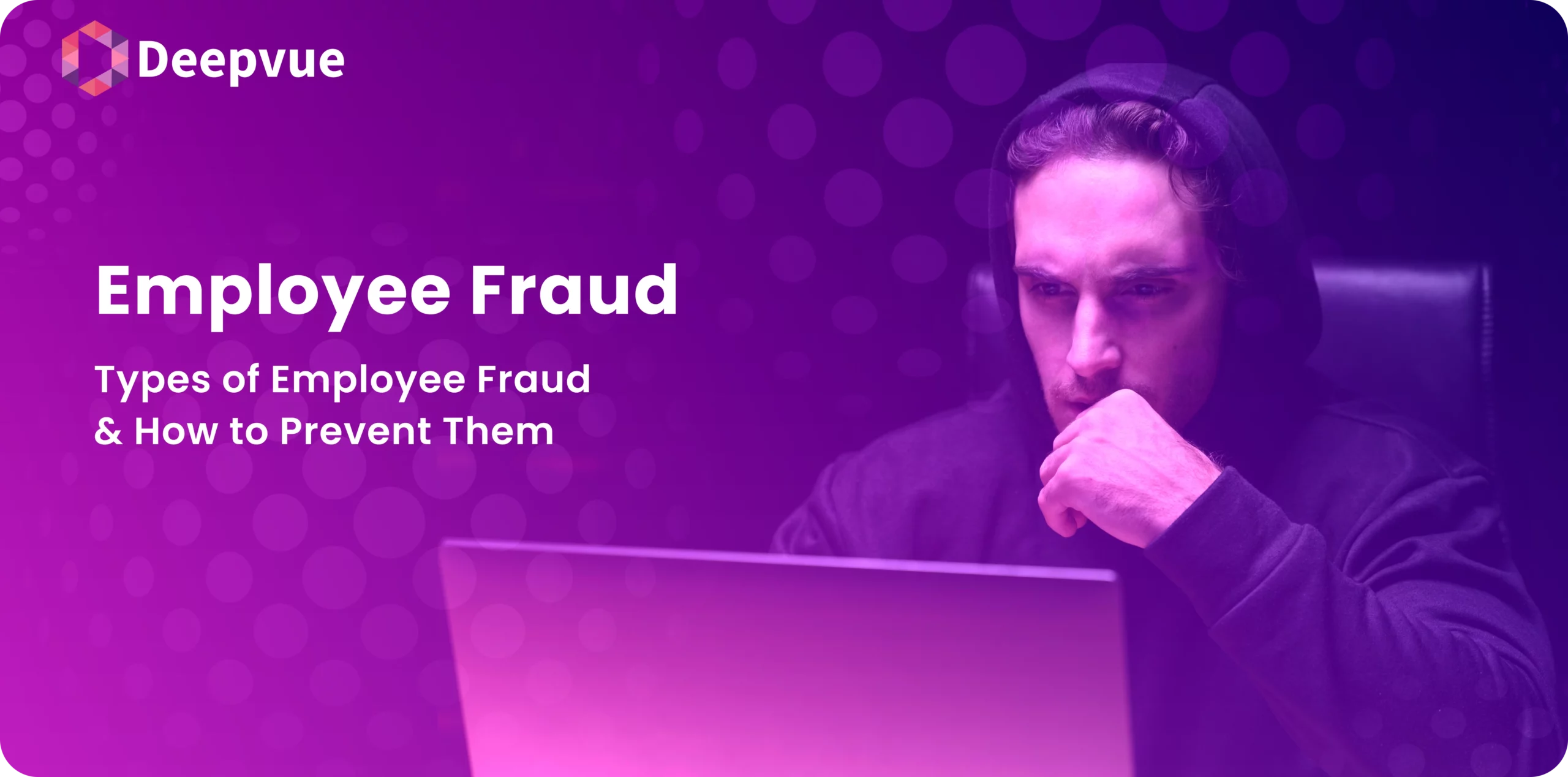What is Identity Fraud?
Identity Fraud is the unlawful use of another person’s personal information—such as their name, social security number, credit card details, or other identifying data—without their consent, typically for financial gain. This can involve activities such as opening new credit accounts, making unauthorized purchases, or obtaining loans in the victim’s name. Identity fraud is a serious crime that can have devastating financial and emotional consequences for its victims.
Types of Identity Fraud
Identity fraud can manifest in various forms, including:
- Financial Identity Fraud: Involves using someone’s personal information to access their bank accounts, obtain credit, or make unauthorized financial transactions.
- Medical Identity Fraud: Occurs when someone uses another person’s identity to receive medical care or prescription drugs, often leading to inaccurate medical records.
- Tax Identity Fraud: Involves filing false tax returns using another person’s identity to claim refunds or evade taxes.
- Synthetic Identity Fraud: Involves creating a fictitious identity using a combination of real and fabricated information, often using stolen social security numbers.
Importance of Addressing Identity Fraud
Addressing identity fraud is crucial for several reasons:
- Protecting Financial Well-Being: Identity fraud can lead to significant financial losses for individuals and businesses, making it essential to prevent and address these crimes.
- Maintaining Trust: Businesses and financial institutions must protect their customers’ identities to maintain trust and confidence in their services.
- Regulatory Compliance: Organizations are often required by law to implement measures to prevent identity fraud, especially in industries like finance and healthcare.
- Preventing Long-Term Damage: Victims of identity fraud can suffer long-term consequences, such as damaged credit scores and legal issues, making prevention and timely resolution critical.
How Does Identity Fraud Happen?
Identity fraud can occur through various methods:
- Data Breaches: Cybercriminals may obtain personal information through data breaches at companies, financial institutions, or government agencies.
- Phishing Scams: Fraudsters use phishing emails, phone calls, or text messages to trick individuals into revealing personal information.
- Social Engineering: Criminals manipulate individuals into divulging personal information by posing as trustworthy entities, such as banks or government officials.
- Physical Theft: Personal information can also be stolen through the physical theft of wallets, mail, or documents containing sensitive information.
How to Prevent Identity Fraud
Preventing identity fraud involves taking proactive steps to protect personal information:
- Monitor Financial Accounts: Regularly review bank statements, credit reports, and financial accounts for any suspicious activity.
- Use Strong, Unique Passwords: Ensure that all online accounts are protected with strong, unique passwords and enable two-factor authentication where possible.
- Be Cautious with Personal Information: Avoid sharing personal information online or over the phone unless absolutely necessary and from trusted sources.
- Secure Physical Documents: Store sensitive documents securely and shred any that are no longer needed to prevent dumpster diving.
Frequently Asked Questions (FAQs)
What should I do if I become a victim of identity fraud?
If you suspect identity fraud, immediately contact your financial institutions to freeze your accounts and report the fraud. You should also file a report with your local police department and a complaint with the cyber crime in India or equivalent in your country. It’s also advisable to monitor your credit reports and consider placing a fraud alert or credit freeze on your credit files.
How can businesses protect themselves from identity fraud?
Businesses can protect themselves by implementing strong security measures, such as encryption, secure authentication methods, and regular security audits. They should also educate employees and customers about the risks of identity fraud and the importance of safeguarding personal information.






